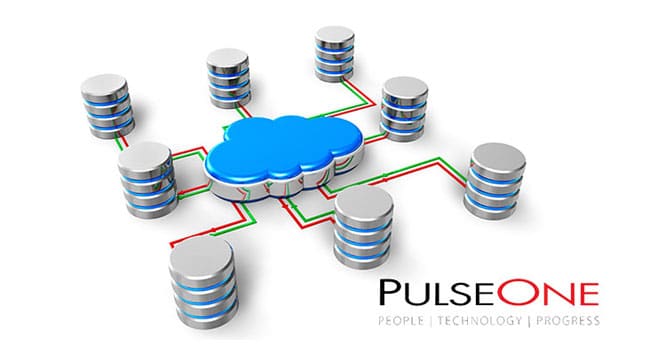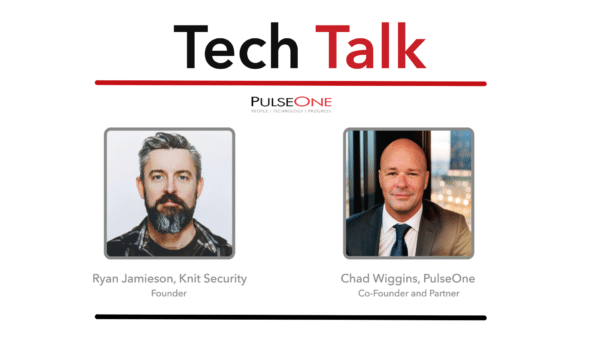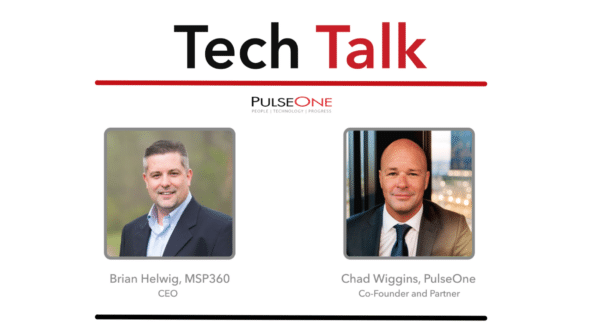Is your business contemplating a move to the cloud? If so, you might be wondering which cloud provider is right for you. AWS and Azure immediately come to mind, but there are plenty of smaller cloud providers that offer solid value as well and might be a better fit for your environment.
Introduction to briteVAULT
To help our customers find the answer, I recently conducted a video interview with Ryon Ellis, the CEO of briteVAULT. The cloud provider offers a resilient platform for businesses that no longer want to bear the pain, risk, and cap-ex burden of building, managing, repairing, and upgrading their own server farms.
“We’re server guys,” Ellis said. “We’re nerds who love servers, and we manage server infrastructures for customers who no longer want to buy hardware and manage their data center.”
Benefits of briteVAULT’s Virtual Desktop Solutions
briteVAULT virtual desktop solutions are ideal for businesses with dispersed workforces and those with people working from home or on the road. Employees can always access all their applications, securely and on any device. “With our service, businesses don’t need to pay rent anymore,” Ellis pointed out. “You can even take that rent for the space you’re in and subsidize your move to the cloud. The cloud also expands your talent pool—you can hire and easily onboard anyone from anywhere across the globe.”
Distinctions Between briteVAULT and Cloud Giants
During the interview, Ellis pointed out some clear distinctions between briteVAULT and cloud giants like AWS and Azure. “Both are considered hyper-scaler cloud companies,” Ellis said. “They are a great fit for companies like Uber with compute needs that expand rapidly and need a cloud provider with all the necessary gear and compute resources on hand so they can scale immediately across a wide geographic area or the entire globe.”
In contrast, briteVAULT targets companies that don’t project to have sudden major scaling needs. Most briteVAULT customers are SMBs with steady growth.
briteVAULT’s Differentiator
“Our key differentiator is that we build a replication architecture right into our core product,” said Ellis. “Every production virtual machine has a copy ready to boot on a separate storage system and sends data to another data center for disaster recovery.”
Cost and Technical Expertise Differences
In AWS and Azure, customers have to add disaster recovery into their architecture. In addition to the computing resources, this requires paying for technical expertise. briteVAULT does this for you as part of the standard monthly cost.
Also within base service, briteVAULT provides the technical expertise to monitor, remediate issues, and make sure customer cloud environments continue to function. These services in AWS and Azure require additional technical expertise and added support costs through a service provider.
“We don’t set it and forget it—we keep supporting our customers,” Ellis added. “Our services also benefit Managed Services Provider partners, like PulseOne. We can manage and monitor customer environments for them at no extra cost to their end-user customers.”
Choosing a Cloud Provider
From our perspective, when selecting a cloud provider, it’s all about projecting what you want your business to do and how fast you expect to grow. For SMBs with steady growth who don’t want the hassle of paying extra for disaster recovery and system monitoring.
PulseOne has been delivering cloud-based solutions with partners like briteVAULT for many years, if you would like to explore how we might work in your environment, please let us know.




